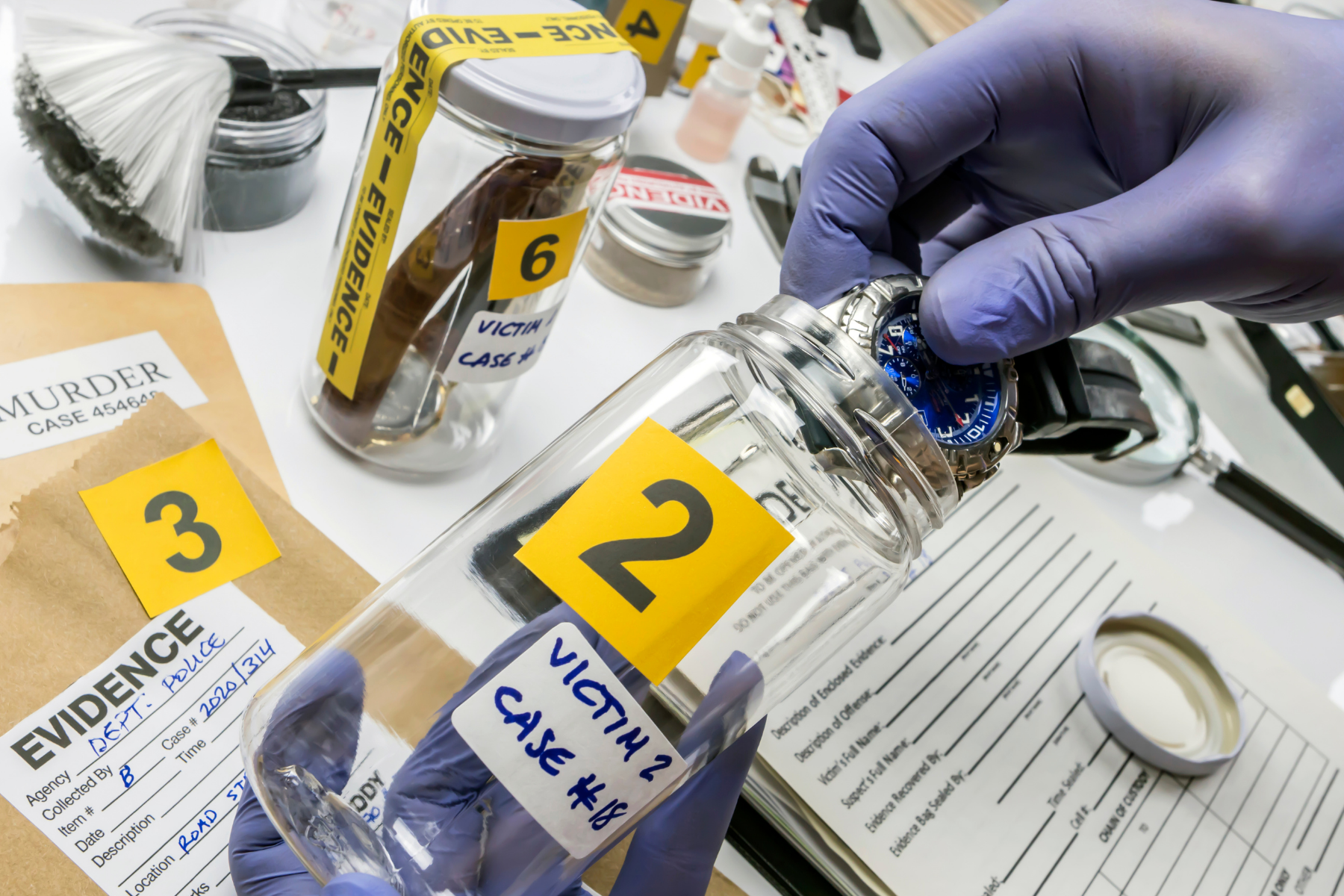About the Program
If you have a taste for real-life or fictional crime stories and are intrigued by mystery, the Criminology Profile is a good fit for you. In this profile, you will explore the world of crime from a multidisciplinary perspective incorporating anthropology, history, psychology, and sociology. You will learn about criminal profiling, study notable crimes, and meet guest speakers from various fields, including homicide detectives, parole and correctional officers, youth protection workers, and recovering addicts. The Criminology Profile also provides a foundation for exploring crime scenes and solving criminal cases through skeletal analysis. Students will have the opportunity to participate in labs and investigate mock crime scenes.
Program Goal:
To learn about and understand the precursors, causes and consequences of crime.





